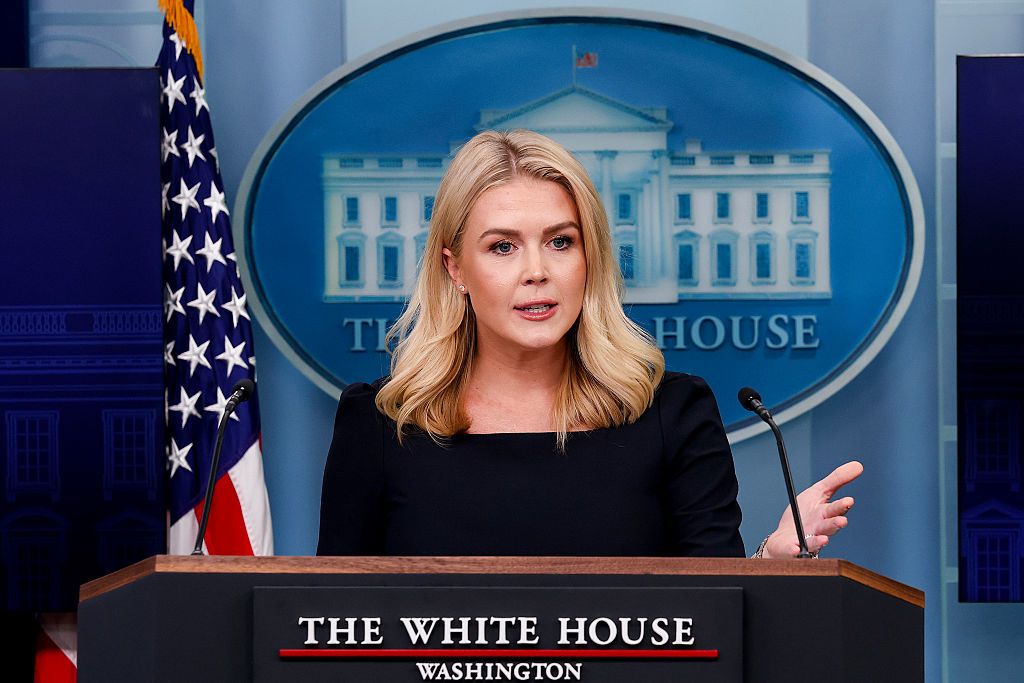Ukraine-US talks on minerals deal going 'in a positive mood,' Zelensky says

President Volodymyr Zelensky said on April 15 that negotiations on a key minerals agreement with the U.S. are progressing positively, following a round of technical consultations held in Washington on April 11.
Speaking alongside NATO Secretary General Mark Rutte in Odesa, Zelensky noted that working-level meetings would continue through the end of the week.
"When the teams are ready, they will present what they have worked out. So far, both sides have ended the meetings in a positive mood," Zelensky said.
The talks come after months of stalled negotiations over a deal that would give the U.S. access to Ukraine's vast reserves of critical raw materials.
According to Reuters, the April 11 discussions have been marked by high tensions, with a source familiar with the matter describing the atmosphere as "very antagonistic."
The current U.S. proposal — reportedly more expansive than earlier versions — would grant extensive control to a joint investment fund managed by Washington.
Critics say the "maximalist" approach risks undermining Ukraine's sovereignty over its mineral wealth. It could also complicate the country's 2021 raw materials partnership with the EU, potentially threatening its EU membership path.
The original framework agreement was expected to be signed during Zelensky's visit to Washington on Feb. 28, but the plan fell apart following a heated Oval Office dispute with U.S. President Donald Trump and Vice President JD Vance. Zelensky left without finalizing the deal.
Ukraine has since hired the American-British law firm Hogan Lovells to advise on the negotiations.
Deputy Prime Minister for European and Euro-Atlantic Integration Olha Stefanishyna confirmed on April 14 that Ukraine had submitted a revised set of proposals during the latest round of talks, without commenting on the U.S.'s reaction.
Foreign Minister Andrii Sybiha previously emphasized that any final agreement must align with Ukraine's long-term national interests and its ambition to join the EU. Kyiv has insisted the agreement must be mutually beneficial and avoid jeopardizing future accession.












